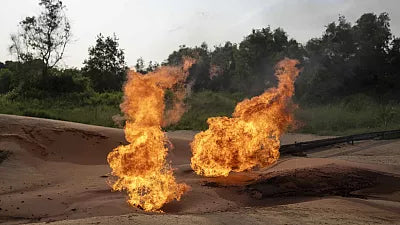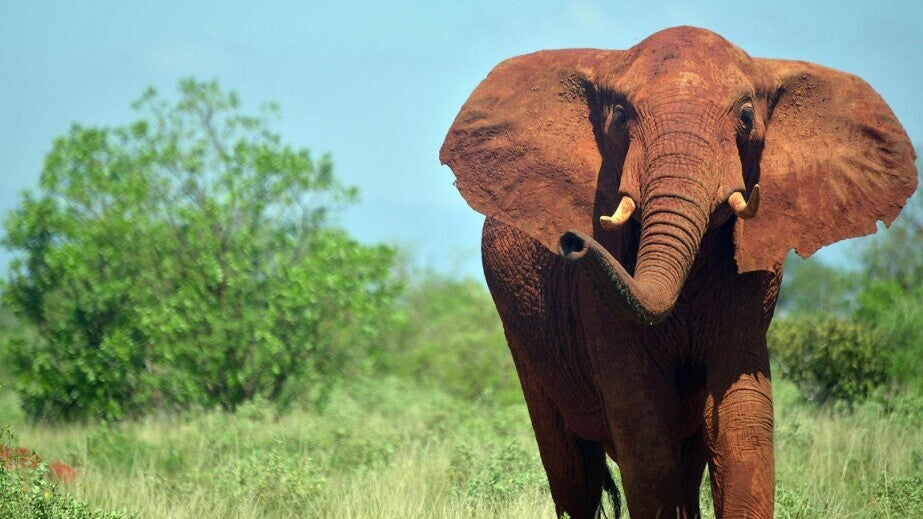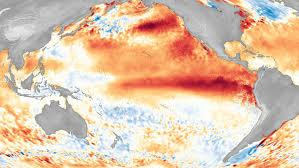
DRC: cancellation of oil block auctions, a step backwards full of uncertainties
In a climate already fraught with political and economic tensions, the Democratic Republic of Congo has just made a decision that could further exacerbate the debates. The famous auction of 27 oil blocks and three gas blocks, announced with great fanfare since 2022, has been cancelled. The Minister of Hydrocarbons, Didier Budimbu, confirmed this about-face, leaving a whiff of mystery surrounding the real reasons for this decision. While some speak of international pressure and ecology, others see it as a new demonstration of the chronic instability in the management of public affairs in the country. But why this turnaround? And what will the consequences be? Deciphering a handbrake whose effects will be felt well beyond Congolese borders.
A step backwards that raises questions
The cancellation of the DRC’s oil block auction raises a series of questions and misunderstandings. Since its launch in July 2022, this initiative seemed to be the promise of a bright oil future for the DRC. The country, which aspires to become a major player in the African energy sector, was counting on these oil blocks to attract massive investments and revive an economy undermined by years of conflict and mismanagement.
While international companies were lining up to seize this opportunity, it seems that fears about environmental consequences and criticism regarding compliance with ecological standards played a major role in this cancellation. Some voices are already being raised to accuse the Congolese government of having given in to pressure from environmental NGOs, particularly because of the situation of the Congo Basin rainforest, the green lung of the planet.
Hydrocarbons Minister Didier Budimbu did not provide details on the real reasons for this cancellation, simply stating that the process needed to be "reviewed and corrected". A sentence that raises more questions than it answers. The haste with which this decision was taken speaks volumes about the internal struggles within the government and the diplomatic tensions surrounding this issue.
Ecological pressures and financial interests
It would be naive to think that this decision was motivated solely by environmental considerations. In reality, the DRC finds itself at a crossroads between colossal economic development needs and increasingly burdensome climate commitments. The oil blocks in question are largely located in ecologically sensitive areas, particularly around the Virunga National Park, a UNESCO World Heritage Site. Drilling in this region would risk catastrophic consequences for biodiversity and jeopardize efforts to combat climate change.
But the pressure from oil multinationals should not be underestimated either. Behind this cancellation, some rumors evoke conflicts of interest between local companies and international oil giants, particularly with regard to the distribution of market shares and the management of natural resources. If the environment is at the heart of concerns, money and geopolitics are never far away in these kinds of decisions.
The United States and some European countries have reportedly expressed their disagreement with the exploitation of these blocks in areas of high environmental risk, and have made this known during recent negotiations with the Congolese authorities. The cancellation could therefore also be seen as a compromise to avoid upsetting major international donors who condition their aid on stricter environmental protection measures.
A suspended oil future
While some had hoped that the DRC would make a major leap forward on the world oil scene, the cancellation of this sale marks a pause, or even a step backwards. Observers are now wondering what will happen next. What will be the next step for the Congolese government? Will it revise its copy to reassure investors while preserving the environment? Or is this cancellation the sign of a deeper turnaround in the country's economic strategy?
It is clear that the DRC will not be able to ignore the exploitation of its natural resources, as its investment needs are urgent. However, this tug of war between economic development and environmental preservation could well become one of the main headaches of the Tshisekedi government in the coming months. Pressure is already mounting from local businesses and economic elites, who see this cancellation as a colossal loss of income.
As the issue of fossil fuels becomes increasingly central to international debates, the DRC, with its vast untapped oil and gas reserves, will have to skillfully navigate between the demands of investors, ecological concerns, and the expectations of its population.



Leave a comment
This site is protected by hCaptcha and the hCaptcha Privacy Policy and Terms of Service apply.